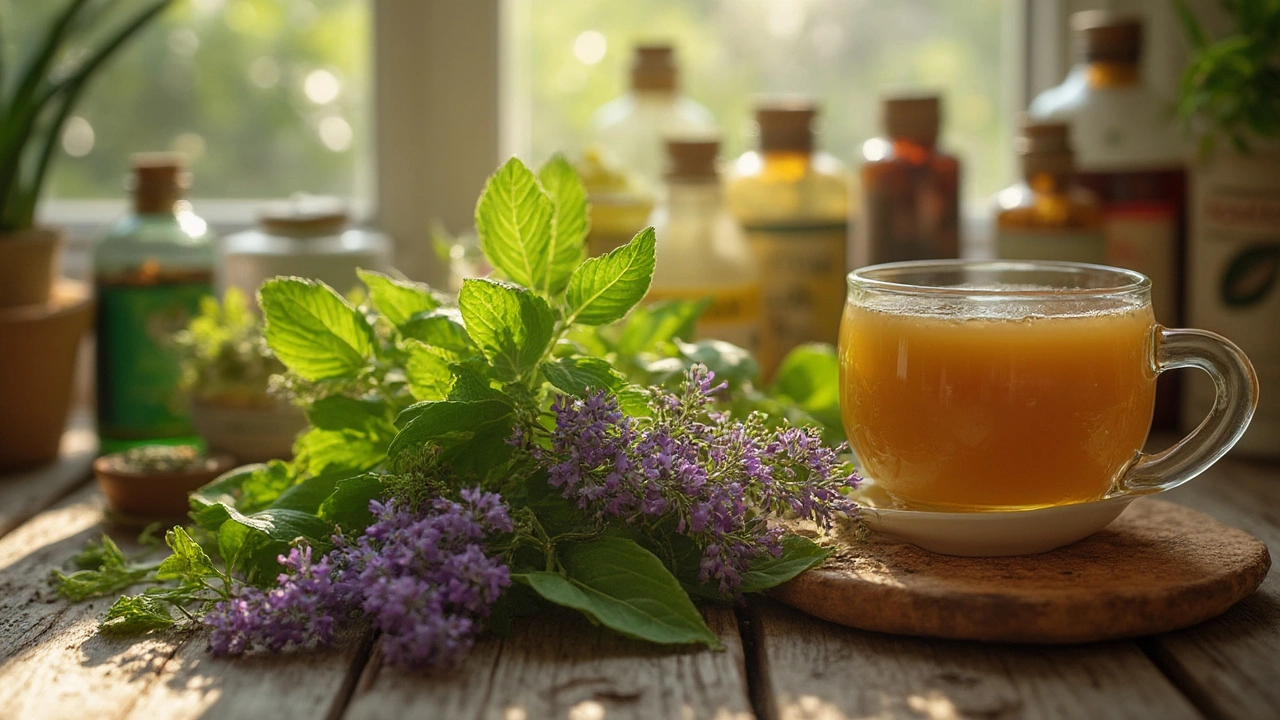Wellness & Nutrition
Ever wonder why some supplements get rave reviews while others feel like a gamble? You’re not alone. In this space we break down the most talked‑about natural products, point out real‑world benefits, and give you a clear checklist for safe buying. No jargon, just what matters for your daily health routine.
Top Natural Supplements to Watch
Two plants have been buzzing in the wellness world lately: Mercury Herb and comfrey. The Mercury Herb supplement claims to boost energy and support joint health, but the science is still catching up. Our latest 2025 guide lays out what research says, the potential risks, and how the UK regulates it. If you decide to try it, follow the safety steps we outline – start with a low dose and watch for any side effects.
Comfrey, on the other hand, has a longer history in herbal medicine. The root contains compounds that may help skin repair and reduce inflammation when used correctly. Our deep‑dive article explains how to use comfrey safely, what dosage works for most people, and why it shouldn’t be taken internally for long periods. Think of it as a topical ally in your wellness kit.
How to Choose Safe Supplements
Choosing a supplement shouldn’t feel like guessing. First, check if the product lists every ingredient and its exact amount – vague “proprietary blends” are a red flag. Second, look for third‑party testing; seals from NSF, USP, or ConsumerLab mean the label matches the bottle. Third, read up on the manufacturer’s reputation. A quick web search can reveal recalls or lawsuits that matter.
Always match a supplement to your personal health goals. If you’re after better sleep, magnesium or melatonin may be easier to start with than exotic herbs. For joint support, glucosamine, chondroitin, or a well‑researched turmeric extract often have clearer evidence. Keep a simple log of what you take, the dose, and any changes you notice. This habit makes it easier to spot what works and what doesn’t.
And remember, supplements complement—not replace—a balanced diet. Whole foods still provide the most reliable nutrients, fiber, and antioxidants. Use supplements to fill gaps, not to cover up a poor eating plan.
Got a specific supplement in mind? Browse our detailed guides, compare the evidence, and decide with confidence. Your wellness journey is personal, but you don’t have to navigate it alone.
-
Mercury Herb Supplement: Benefits, Risks, Evidence, and Safe Use (2025 Guide)
Curious about Mercury Herb? See what it claims, what evidence exists, safety risks, UK rules, and how to try it safely-or choose better alternatives.
-
Comfrey Benefits: Unlock the Power of Natural Wellness Supplements
Comfrey is the secret star in dietary supplements, offering unique natural benefits and possible health boosts. Discover how to use comfrey safely for your wellness routine.

